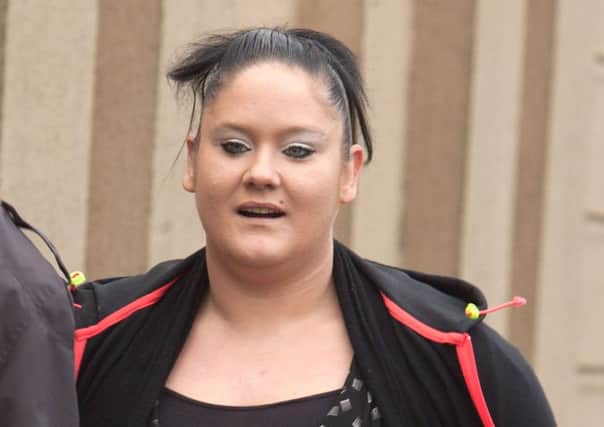Woman's bid begins to overturn conviction for murder


Lawyers for 28-year-old Lindsey White claimed jurors who convicted her of murdering Marek Muszynski in Newry should have been warned about the extent of co-defendant Adrian Cunningham’s dishonesty.
White, formerly of Mary Street in the city, is seeking to overturn the guilty verdict returned against her for the alleyway killing in July 2009.
Advertisement
Hide AdAdvertisement
Hide AdThe 40-year-old victim was beaten on the ground and had his throat stamped on, and CCTV images were said to show his assailants walking away after stealing 70p from him.
Adrian Cunningham, 25, from Lisgullion Park, Newry, is serving at least 11 years in jail after admitting the murder.
His evidence was central to the case against White.
In March 2012 she was given a minimum tariff of 14 years on her life sentence for the murder.
Opening White’s appeal against conviction today, Frank O’Donoghue QC argued Cunningham’s account during police interviews seriously conflicted with his evidence at trial.
Advertisement
Hide AdAdvertisement
Hide Ad“Mr Cunningham lied repeatedly about my client’s role,” he told the three-judge panel.
The barrister identified four alleged areas of dishonesty about his client’s actions:
:: Claims that she kicked the victim repeatedly to the head.
:: Allegations that she kicked Mr Muszynki about the body.
:: Claims about White standing on the victim’s throat.
:: Cunningham’s account of how a pair of jeans were disposed of.
Advertisement
Hide AdAdvertisement
Hide AdMr O’Donoghue contended: “The judge must have known from cross-examination that this man (Cunningham) was making a completely different case in the course of the trial, insofar as Lindsey’s actions are concerned, to that which he had made in his previous interviews.”
The disparities were so significant that a warning of the highest level should have been given to the jury, he insisted.
Mr O’Donoghue claimed the failure to do so had been unreasonable.
Following opening submissions the appeal was adjourned until later this month.